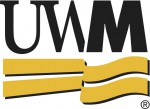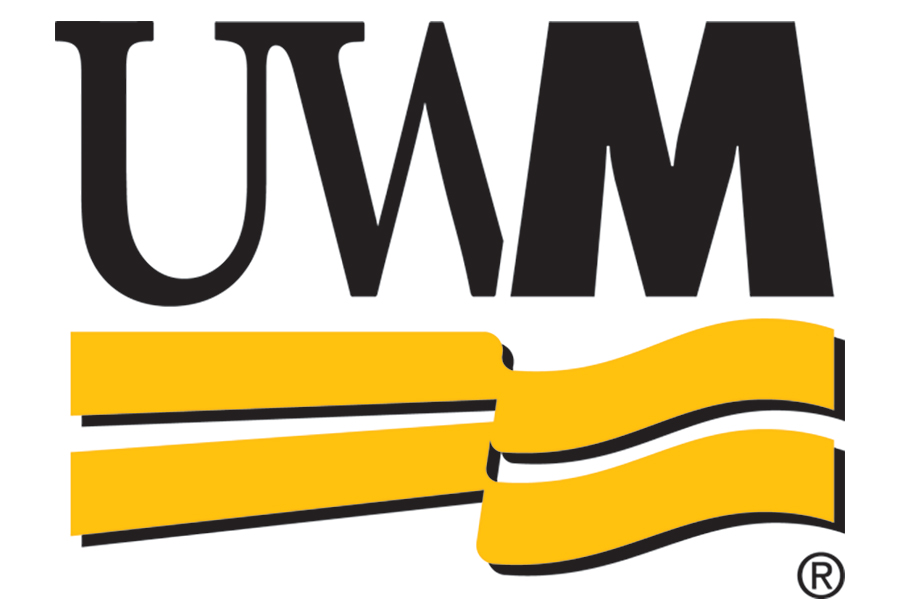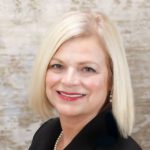New UWM Research Could Give You More Days at the Beach
The research was performed by Natalie Rumball at the University of Wisconsin-Milwaukee’s School of Freshwater Sciences.
MILWAUKEE _ New research may give health officials more accurate tools when deciding whether to close beaches.
One of the longstanding methods officials use for those decisions is the measurement of E. coli bacteria levels. Higher levels can lead to beach closings because it’s a warning sign of recent fecal pollution, which may carry harmful bacteria, viruses or protozoa.
But researchers have discovered that E. coli – short for Escherichia coli – may survive and proliferate in beach sand independent of pollution events. These “naturalized” E. coli populations falsely inflate measurement levels, resulting in beach closings due to pollution that’s not actually present.
The research was performed by Natalie Rumball at the University of Wisconsin-Milwaukee’s School of Freshwater Sciences. It was funded by Wisconsin Sea Grant and presented earlier this month at the American Society for Microbiology’s annual meeting.
E. coli itself is not a public health risk. In fact, it’s found in the guts of almost all warm-blooded animals and birds. And it was long thought the bacteria couldn’t survive for very long outside of that environment. So, because some E. coli leaves your body with every toilet flush, it was thought to be an excellent indicator of pollution from sewage.
But these newly discovered naturalized populations of E. coli, which can live outside the host and are adapted to beach sand, are changing the narrative. What allows them to survive? To answer that question, researchers explored physiological and genetic differences between E. coli populations found in the sand and those sourced from human and gull waste.
So far, observations indicate the naturalized sand E. coli are hardier and more capable of growing in cold temperatures and basic pH environments, such as Lake Michigan. Now the goal is to find out why by identifying the genetic basis for this hardiness.
“We have excellent capabilities to sequence bacterial genomes in a matter of days,” Rumball said. “Doing so will help us develop molecular tools that identify the portion of E. coli levels due to naturalized E. coli populations versus the portion stemming from pollution. Such knowledge will be useful in preventing unnecessary beach closings.”
About UWM
Recognized as one of the nation’s 115 top research universities, UW-Milwaukee provides a world-class education to 26,000 students from 89 countries on a budget of $667 million. Its 14 schools and colleges include Wisconsin’s only schools of architecture, freshwater sciences and public health, and it is a leading educator of nurses and teachers. UW-Milwaukee partners with leading companies to conduct joint research, offer student internships and serve as an economic engine for southeastern Wisconsin. The Princeton Review named UW-Milwaukee a 2017 “Best Midwestern” university based on overall academic excellence and student reviews, as well as a top “Green College.”
NOTE: This press release was submitted to Urban Milwaukee and was not written by an Urban Milwaukee writer. While it is believed to be reliable, Urban Milwaukee does not guarantee its accuracy or completeness.




















